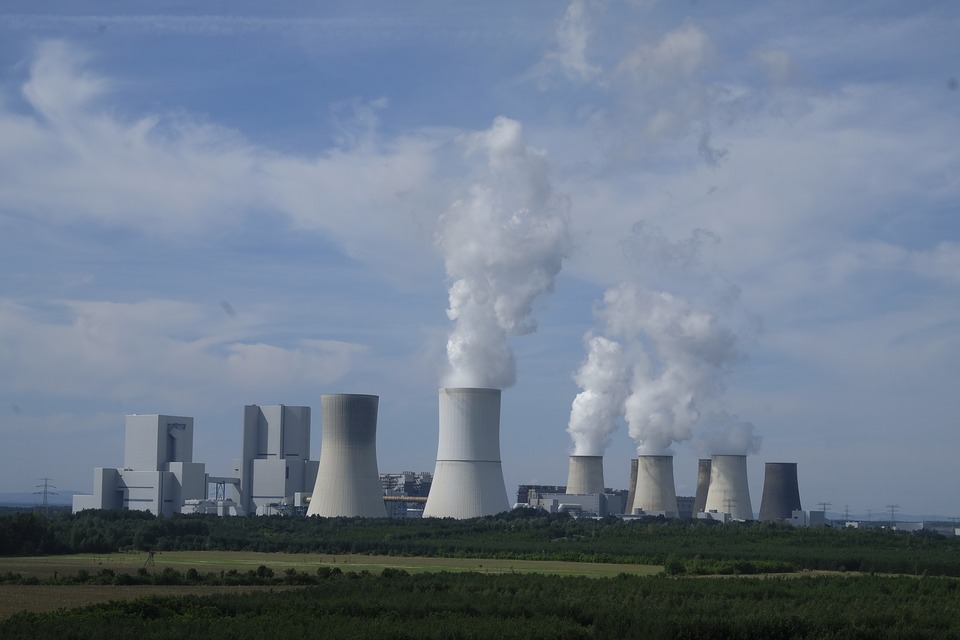Japan to release Fukushima's contaminated water into sea - reports
The plant, run by Tokyo Electric Power Company Holdings Inc , suffered multiple nuclear meltdowns after a 2011 earthquake and tsunami. On Friday, Japan's industry minister Hiroshi Kajiyama said no decision had been made on the disposal of the water yet, but the government aims to make one quickly.
Reuters | Tokyo | Updated: 16-10-2020 11:33 IST | Created: 16-10-2020 11:23 IST
Nearly a decade after the Fukushima nuclear disaster, Japan's government has decided to release contaminated water from the destroyed plant into the sea, media reports said on Friday, with a formal announcement expected to be made later this month. The decision is expected to rankle neighbouring countries like South Korea, which has already stepped up radiation tests of food from Japan, and further devastate the fishing industry in Fukushima that has battled against such a move for years.
The disposal of contaminated water at the Fukushima Daiichi plant has been a longstanding problem for Japan as it proceeds with an decades-long decommissioning project. More than one million tonnes of contaminated water are currently stored in huge tanks at the facility. The plant, run by Tokyo Electric Power Company Holdings Inc , suffered multiple nuclear meltdowns after a 2011 earthquake and tsunami.
On Friday, Japan's industry minister Hiroshi Kajiyama said no decision had been made on the disposal of the water yet, but the government aims to make one quickly. "To prevent any delays in the decommissioning process, we need to make a decision quickly," he told a news conference.
He did not give any further details, including a time-frame. The Asahi newspaper reported that any such release is expected to take at around two years to prepare, as the site's irradiated water first needs to pass through a filtration process before it can be further diluted with seawater and finally released into the ocean.
In 2018, Tokyo Electric apologised after admitting its filtration systems had not removed all dangerous material from the water, collected from the cooling pipes used to keep fuel cores from melting when the plant was crippled. It has said it plans to remove all radioactive particles from the water except tritium, an isotope of hydrogen that is hard to separate and is considered to be relatively harmless.
Last week, Japanese fish industry representatives urged the government to not allow the release of contaminated water from the Fukushima plant into the sea, saying it would undo years of work to restore their reputation. South Korea has retained a ban on imports of seafood from the Fukushima region that was imposed after the nuclear disaster and summoned a senior Japanese embassy official last year to explain how Tokyo planned to deal with the Fukushima water problem.
During Tokyo's bid to host the Olympic Games in 2013, then-prime minister Shinzo Abe told members of the International Olympic Committee that the Fukushima facility was "under control". The Games have been delayed to 2021 because of the pandemic and some events are due to be held as close as 60 km (35 miles) from the wrecked plant.
- READ MORE ON:
- Japanese
- the Olympic Games
- Fukushima
- Hiroshi Kajiyama
- Shinzo Abe
ALSO READ
UPDATE 1-Japanese PM Suga seen holding off on calling snap election this year - Yomiuri
AstraZeneca's Japanese COVID-19 vaccine trial back up, U.S. still paused
Rare success as Japanese Encephalitis-afflicted Assam girl starts walking again
Japanese fashion designer Kenzo Takada dies from COVID-19
Pompeo says new Japanese leader Suga is a 'force for good'
